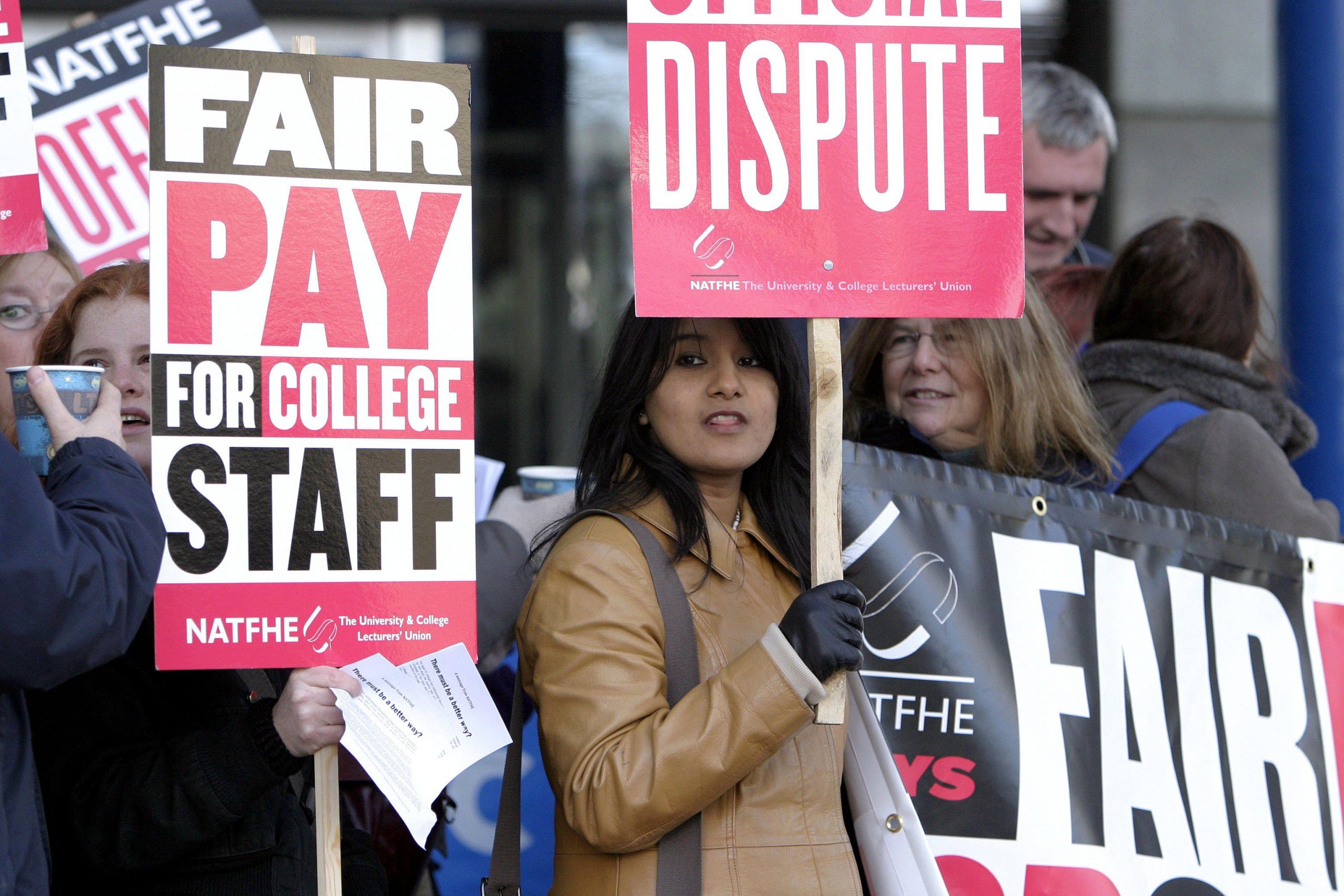Members of the University and College Union (UCU) have voted for strike action which the union warn could bring the higher education sector to a standstill.
Kingston University UCU members voted in the ballot among a total of 70,000 UCU members from 150 universities across the country in a dispute over pay and working conditions. Dates for the action are yet to be decided.
History was made as the University and College union (UCU) become the first union in the education sector to win a national mandate since the introduction of restrictive laws in 2016.
The General Secretary of the UCU Jo Grady said: “Today history has been made by our members in universities, who in huge numbers have delivered an unprecedented mandate for strike action.”

On the ballot question on pay and working conditions “Are you prepared to take industrial action consisting of strike action?” 30,088 ballots were returned in favour, meaning 81.14% of UCU member voters said yes to industrial action.
The Northern Ireland vote was not far behind with 78.99% voters saying yes.
Grady said: “The vice-chancellors who run universities have repeatedly and in a coordinated fashion come after our members. Well, now it’s 150 bosses against 70,000 university workers, who are ready and willing to bring the entire sector to a standstill if serious negotiations don’t start very soon.”
Following the result each UCU university branch will be holding an urgent branch meeting.
The Kingston branch on Twitter called the result “a historic result in defiance of laws which are designed for such results to fail”. They said: “Let’s use it wisely to exert targeted pressure to steer our sector off its disastrous course.”
This year university staff received a 3% pay rise at a time when inflation has hit 10%.
As well as halting the decline in pay in real terms, the UCU is demanding that employers agree to a framework to eliminate precarious employment practices and casualised contracts, including zero hours contracts, from higher education; converting hourly paid staff onto fractional contracts; agreeing national guidance to end the outsourcing of support services in higher education and to bring staff into in-house employment.
Raj Jethwa, the chief executive of the Universities and Colleges Employers Association, said: “While threatening industrial action will not create new money for the sector, UCEA and its member HE institutions want to work with UCU and other trade unions to support staff and students and to avoid disruptive industrial action. However, there needs to be a realistic
assessment of what is possible.”

